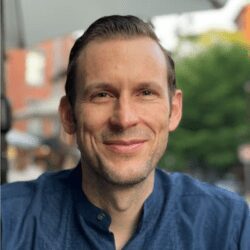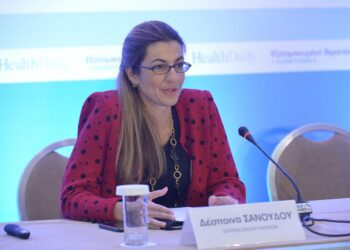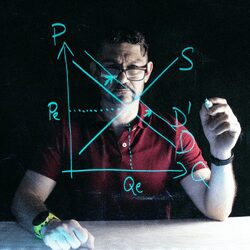Sérgio G. Lazzarini, a strategy scholar and professor at Ivey Business School, Western University, and Chafi Haddad Senior Research Fellow at Insper, delivered a faculty seminar to the 2022 Cycle Two Aspire Leaders in Training, explaining the value of discussing difficult topics in a calm and educated manner to solve problems in society.
Lazzarini’s research focuses on the relationship between public and private actors and the ways in which they interact and organize their activities to improve economic and social performance, holistically.
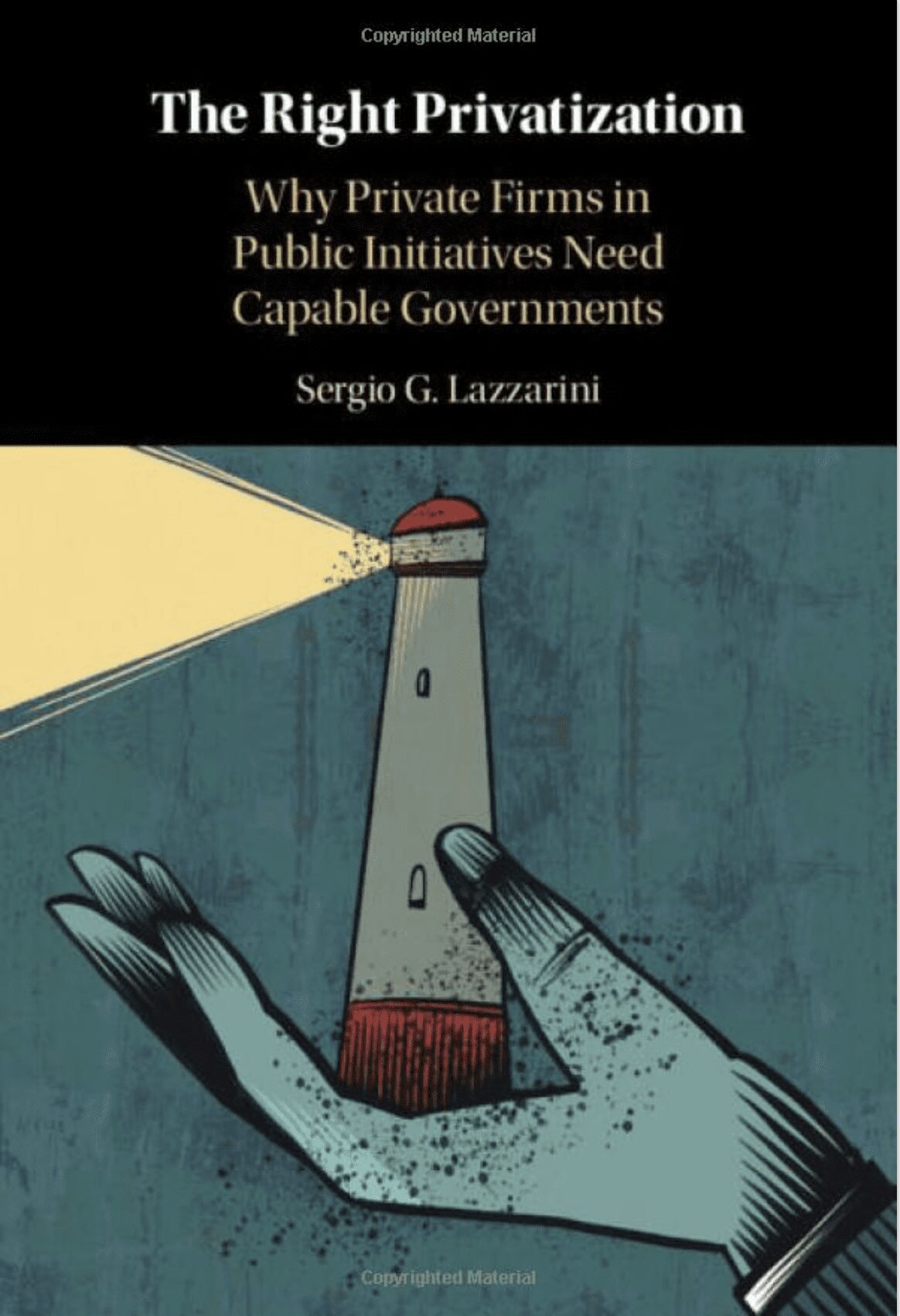
In the Aspire faculty seminar, they discussed the right of privatization. Most of Aspire Leaders in Training are from Generation Z and have grown up during the rise of the internet and social media. Lazzarini felt this would make this topic a close-to-home issue for many of them, regardless of their speciality or academic major.
His most recent book on this topic, The Right Privatization: Why Private Firms in Public Initiatives Need Capable Governments, covers how to govern and organize activities in the public interest, promote inclusion, and drive social impact. He argues that privatization requires the presence of capable governments setting clear goals, addressing potential hazards of private engagement, and exploring multiple paths to improvement, including public-private collaboration.
Lazzarini believes that private and public sectors can work together to reach the most vulnerable populations.
“Aspire Institute is a private, non-profit that compliments this whole system,” said Lazzarini.
Professor Lazzarini as a Teacher and Aspire Faculty Member
During the faculty seminar, Lazzarini felt the empathy and deep concern for community that drives these Aspire Leaders in Training. The overall consensus was that they want to make sure that whoever takes over critical services in their communities remember to engage with the disenfranchised members, including themselves and their families.
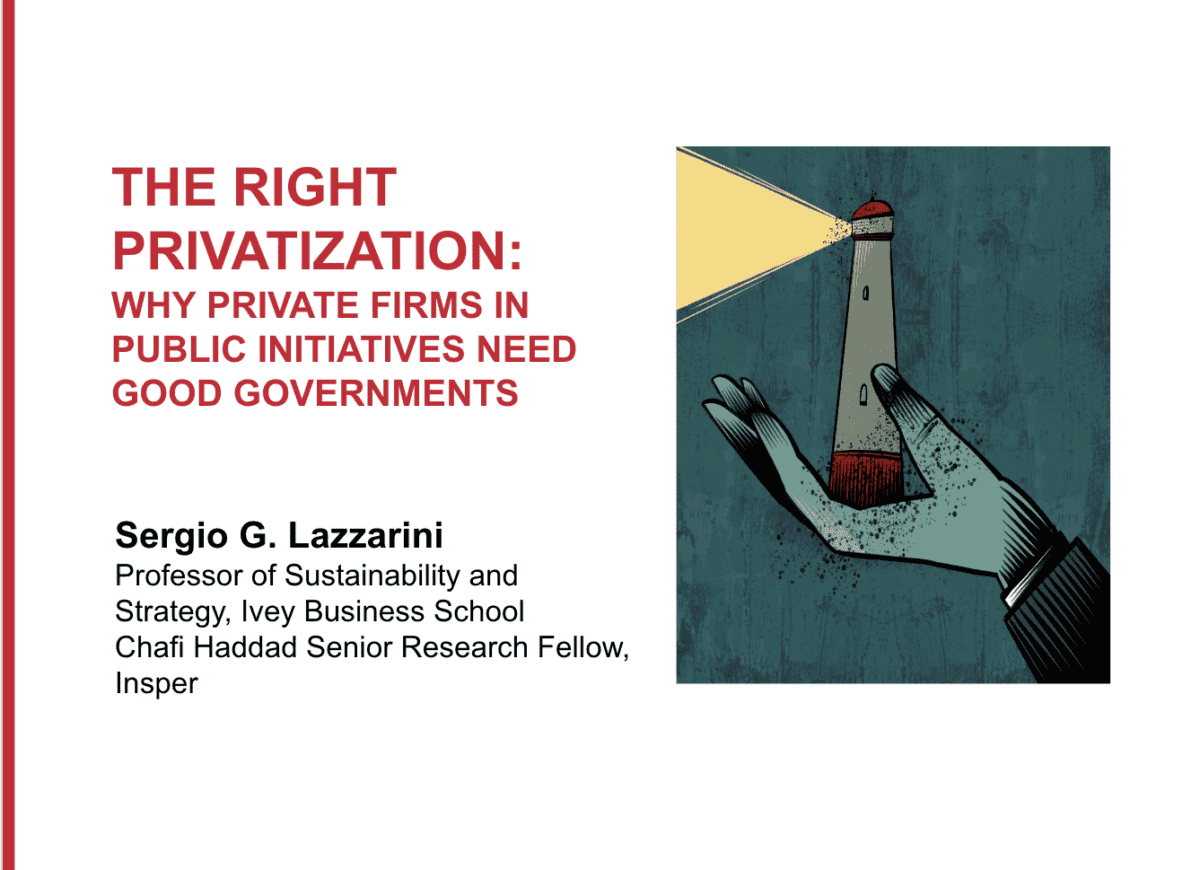
“It was a really great conversation,” Lazzarinin shared. “They questioned whether the private operators who are engaging in more activities, such as health or education, will have the correct incentives to deliver high quality and inclusive services.”
The passion from these emerging leaders stems from the experiences they have had in their communities.
This is precisely why Lazzarini loves not only research but teaching and engaging with the Aspire Leaders in Training.
“It really comes to conversation,” he said. “I don’t have the answers to all of these questions, and so I like to learn from them through debate.”
Lazzarini looks forward to more time discussing difficult topics with future cohorts of Aspire Leaders in Training.
His advice for these young leaders centers around having a more balanced view of how to solve problems in society.
“With all of this polarization, the debate had become too simplistic,” he said. “The questions should be, how can we improve the system? Can we do it by keeping it public? If not, can we experiment with some public-private collaborations?”
He believes they can coexist but that discussions need to happen in various context.
“These are not things you can express in a tweet,” he explained.
Lazzarini admires that Aspire Institute brings together a global cohort to grapple, discuss, and share information about various topics. He encourages young leaders to consider different sides and come together for these thoughtful discussions that Aspire facilitates.
“We need to engage in more informed, calm, and thoughtful discussions in order to truly solve our pressing problems,” he said. “You need to consider different arguments.”

